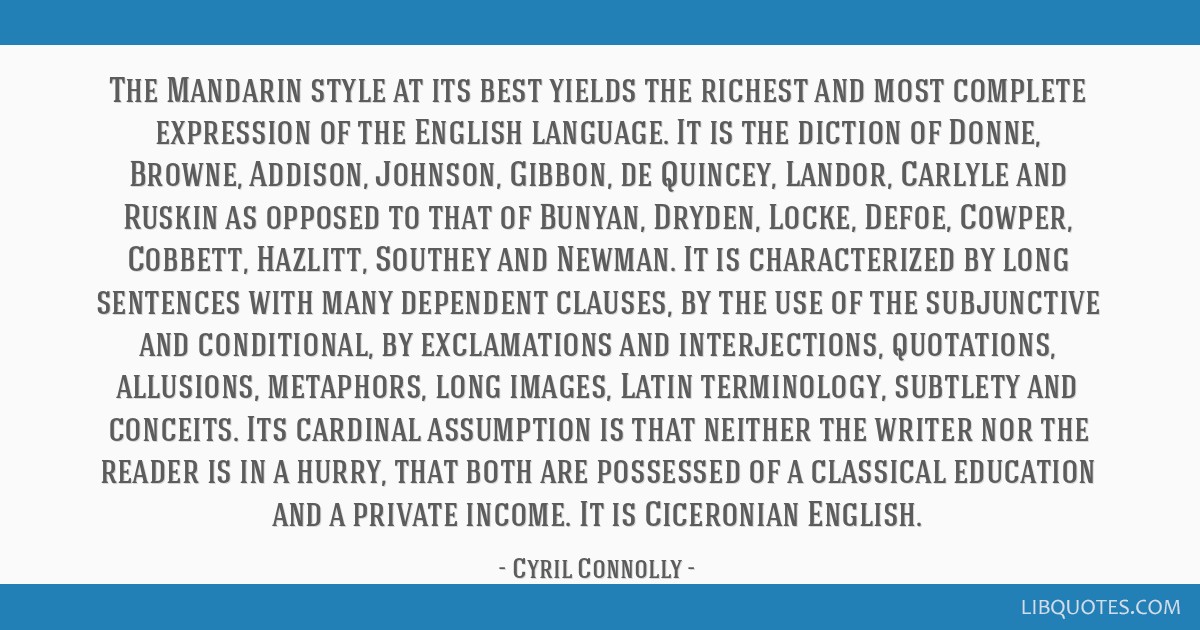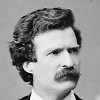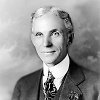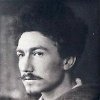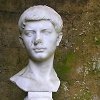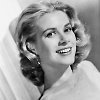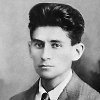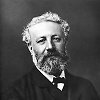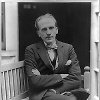The Mandarin style at its best yields the richest and most complete expression of the English language. It is the diction of Donne, Browne, Addison, Johnson, Gibbon, de Quincey, Landor, Carlyle and Ruskin as opposed to that of Bunyan, Dryden, Locke, Defoe, Cowper, Cobbett, Hazlitt, Southey and Newman. It is characterized by long sentences with many dependent clauses, by the use of the subjunctive and conditional, by exclamations and interjections, quotations, allusions, metaphors, long images, Latin terminology, subtlety and conceits. Its cardinal assumption is that neither the writer nor the reader is in a hurry, that both are possessed of a classical education and a private income. It is Ciceronian English.
Ch. 3: The Challenge to the Mandarins (p. 17-18) - Enemies of Promise (1938) - Part 1: Predicament
